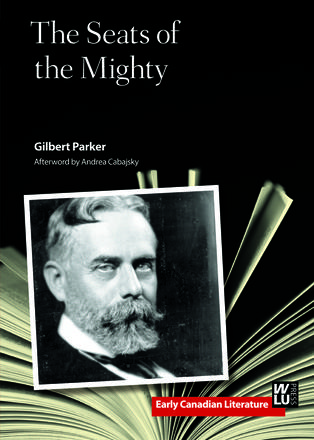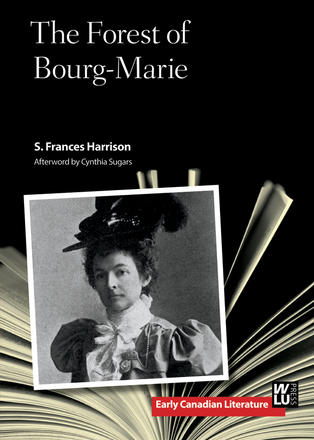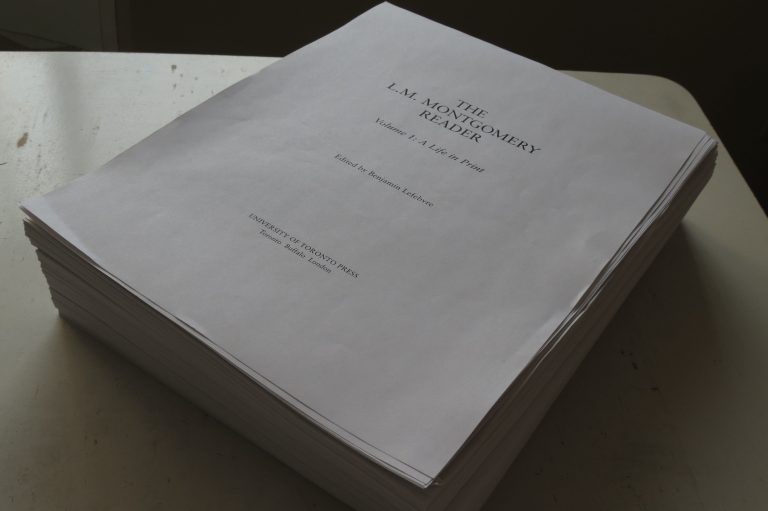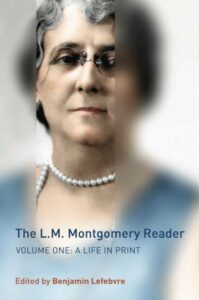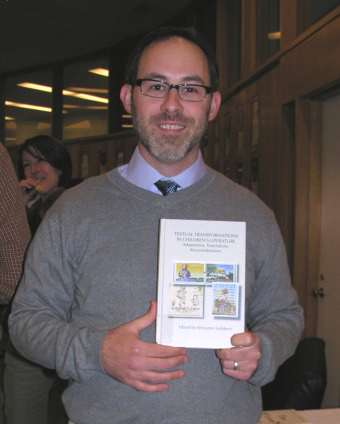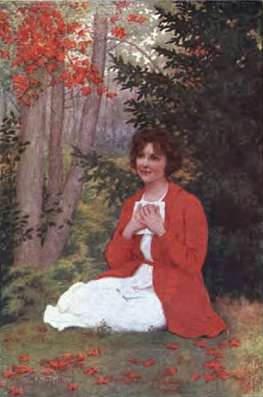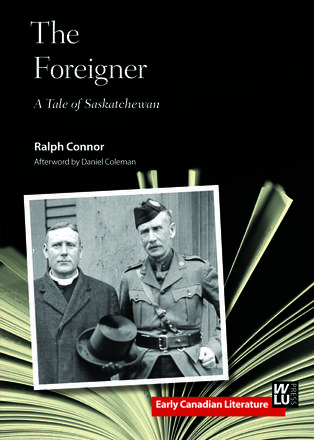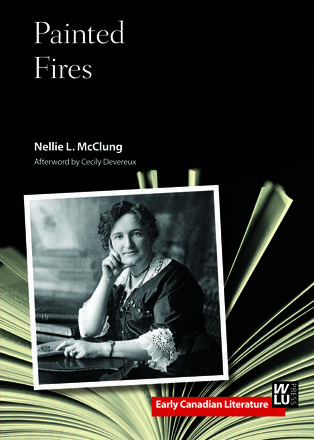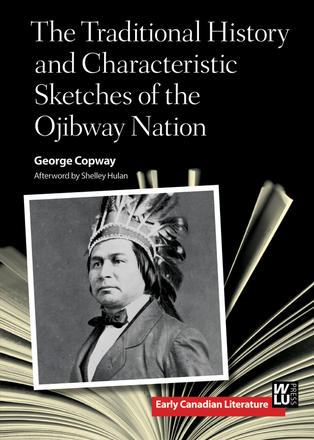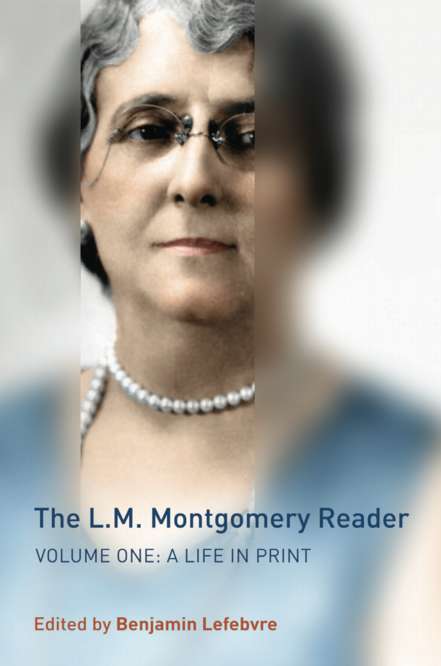It’s been announced recently that the South Dakota State Historical Society Press is preparing an annotated edition of Laura Ingalls Wilder’s memoir “Pioneer Girl,” with plans to publish the book in June 2013. It’s being prepared by Pamela Smith Hill, author of the exceptional biography Laura Ingalls Wilder: A Writer’s Life, which I found filled with wonderful new insights and information about Wilder, her families, and her communities.
I started reading Wilder’s books as a boy, around the same time that I watched reruns of the TV show Little House on the Prairie on the nearest CBS affiliate. Unlike a number of readers of Wilder’s texts who detested the TV show due to the huge liberties taken with the story, I found both Little House worlds equally interesting, in spite of the differences in terms of medium and storytelling style (also, alas, the books did not have extreme close-ups of Pa crying). Moreover, I’ve continued to be interested in both adapted texts and adaptations as an adult. The TV show Little House on the Prairie remains a guilty pleasure, and I confess to enjoying the wide range of parodies and mash-ups I’ve seen on YouTube. My research in the field of Ingalls-Wilder-Lane studies hasn’t been extensive, except for a few review articles and a website that doesn’t get a lot of traffic, but this fall I’ll be publishing a chapter entitled “Our Home on Native Land: Adapting and Readapting Laura Ingalls Wilder’s Little House on the Prairie” in my latest collection of essays, Textual Transformations in Children’s Literature. (I went over the copy-edited version not too long ago and am currently waiting for proofs. The book should be out in August or September.)
This week I started rereading Wilder’s novel Farmer Boy (the one about Almanzo), partly because I haven’t reread it in ages and partly because I’m trying to make sense of a recent sequel entitled Farmer Boy Goes West. I’ve also had a blast reading recent memoirs by Melissa Gilbert, Alison Arngrim, and Melissa Anderson, three of the actors from the TV show. I always enjoy knowing more about the people behind texts or shows that I like—even (or especially) aspects that reveal them to be real human beings.
Anyway, I’m glad Pioneer Girl will finally be available in book form. I read parts of one draft on microfilm, and it was enough to convince me that it’s a significantly different story than the one told in Wilder’s autofiction. These differences are important, especially because of the misconception that Wilder’s books are straightforward autobiography or memoir. They are, in a sense, but without insisting on total historical accuracy. In the final analysis, they are not history, but story.
Wilder’s literary and cultural legacy shows no signs of slowing down. Her books are about to be reissued in the Library of America, in two paperback volumes and in a boxed set of hardcovers, both of which are definitely on my to-buy list. Her (largely negative) depiction of Native Americans is complex and complicated (at least to an extent), and it needs to be discussed more, especially since the novel Little House on the Prairie is still being bought for children. And while there have been numerous attempts to keep the story going by devising all kinds of prequels, sequels, interquels, sidequels, abridgments, and activity books, none of these offshoots—except for the TV show Little House on the Prairie—has endured. It’s Wilder’s own story that continues to be read, reread, and discussed as a particular slice of U.S. colonial history and children’s literature. And so having access to Wilder’s original first-person memoir, which she transformed into a set of children’s books after being unable to sell it, will add tremendously to our understanding of how this purportedly “true” story came to be shaped and reshaped.
A website for the Pioneer Girl Project has also been launched, and I for one look forward to seeing more details about this book as they become available.
UPDATE: Speaking of Laura Ingalls Wilder, my friend Melanie Fishbane has just published a guest blog entry on the excellent website Beyond Little House, which is the go-to place for everything Wilder-related. She discusses the chapter “Almanzo Says Good-By” from These Happy Golden Years and even throws in the weird-but-fascinating TV movie Beyond the Prairie: The True Story of Laura Ingalls Wilder, where the keyword “true” definitely belongs in quotation marks (but it’s fascinating nonetheless)
UPDATE 2: I guess I should mention that Mel and I actually drove to Dearborn, Michigan in November 2010 to see a Laura Ingalls Wilder exhibit there. You can read more about it in Mel’s blog post, where I’m the unidentified “friend.”
